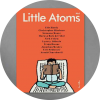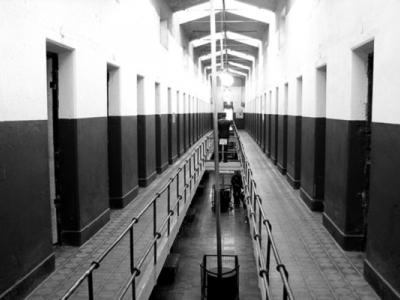Related Posts
John Higgs is the author of I Have America Surrounded: The Life of Timothy Leary, The KLF: Chaos, Magic and the Band Who Burned a Million Pounds, and the novel The Brandy of the Damned.
His latest book is Stranger Than We Can Imagine: Making Sense of the Twentieth Century.“Everything that is done or written is done by someone who is half a chromosome away from being a chimpanzee. It’s not going to be any better than that.”
In this episode of Little Atoms, Christopher Hitchens explores the dangers of mans tendency towards religion and our attitudes to freedom. The ultimate fight, he argues, is against censorship.
Man created God, God didn’t create man. Hitchens describes this creation as an ineradicable problem that humanity cannot solve.
Religion takes advantage of our bad wiring and selfishness. We would be better off if we grew out of it, but until we give up wishful thinking and our fear of death, it is impossible”.
Although religion is an incurable affliction, Hitchens argues that western leaders must not dismiss the threat posed by it.
“The possible interception of messianic ideas with apocalyptic weaponry is increasingly something to be worried about.”
Our predisposition towards order and security undermines our struggle for liberty. For Hitchens, this explains why liberation struggles are so rare and so unsatisfactory.
“Most people, most of the time, have no great desire to be free. We would rather have the trouble of putting up with oppression rather than having the trouble of throwing it off.”
With the threat posed by religion and our apathy towards liberty, Hitchens believes the ultimate enemy we face is censorship. Hitchens argues that all things associated with enlightenment are worth dying for. He describes the struggle against censorship as “a fight that can be won but certainly one that cannot be lost”.
First broadcast 08/06/07


